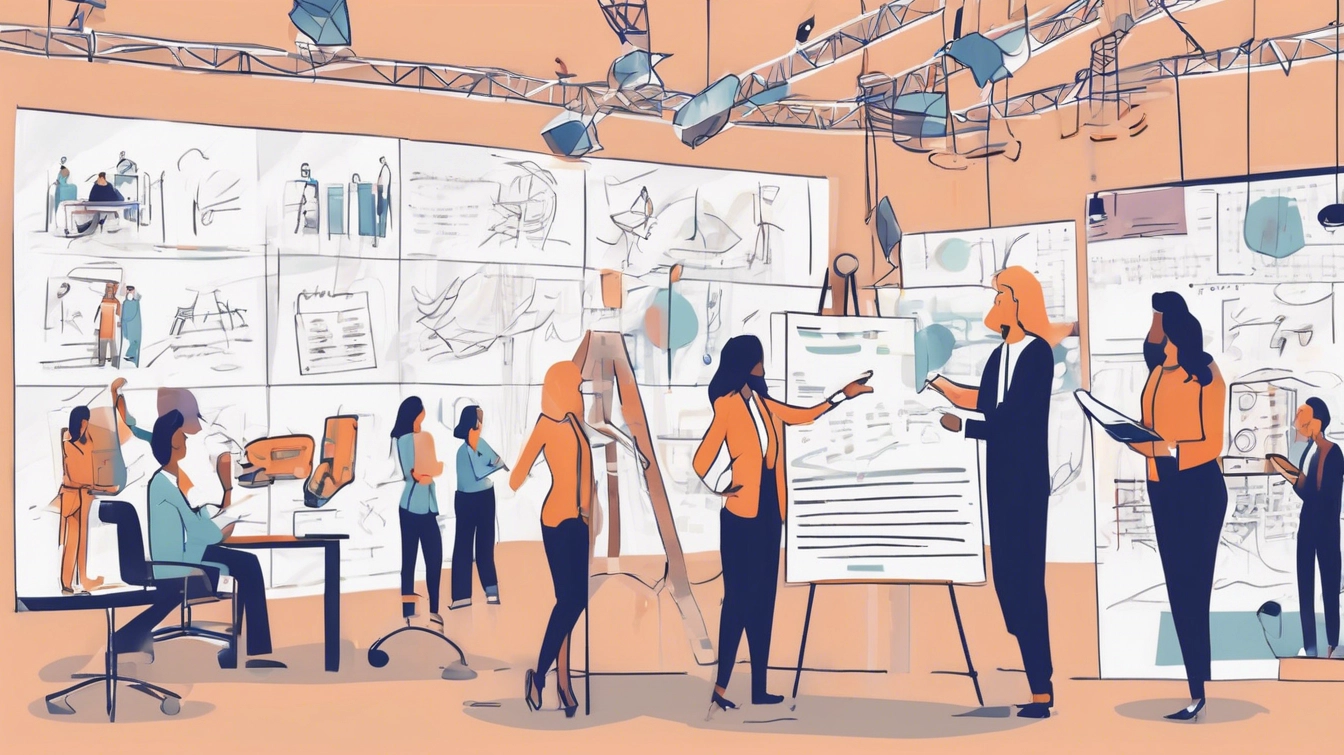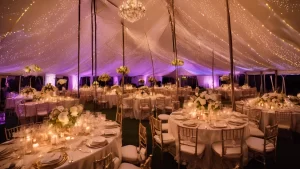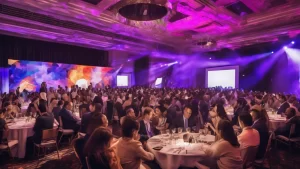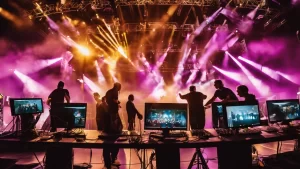When planning an event, you might hear the terms “Event Designer,” “Event Production,” and “Event Planner” used interchangeably. While all three play crucial roles in creating a successful event, their responsibilities are quite distinct. Understanding these differences can help you determine who you need on your team for your next event.
Event Planner: The Architect of Logistics
An event planner is responsible for the overall coordination and management of an event. They are the ones who oversee the big picture, handling everything from venue selection to budgeting and scheduling. Event planners ensure that all moving parts come together seamlessly. Their tasks typically include:
Finding and booking venues
Managing event budgets
Coordinating vendors and contracts
Creating event timelines
Handling guest lists and RSVPs
Managing on-site logistics during the event
Essentially, an event planner ensures that an event runs smoothly from start to finish. They work closely with both the client and vendors to execute the event according to plan.
Event Designer: The Creative Visionary
An event designer is responsible for the visual and aesthetic aspects of an event. They bring the client’s vision to life by focusing on decor, ambiance, and overall experience. Event designers work on elements such as:
Theme development and concept creation
Color schemes and decor choices
Floral arrangements and centerpieces
Lighting and furniture selection
Layout and spatial planning
While an event planner focuses on logistics, an event designer concentrates on making the event visually stunning and cohesive. They work with florists, lighting designers, and rental companies to craft an immersive atmosphere that aligns with the event’s purpose and branding.
Event Production: The Technical Backbone
Event production covers the behind-the-scenes technical and structural components that bring an event to life. This includes sound, lighting, staging, rigging, and audiovisual elements. Event production teams handle:
Lighting design and setup
Audio and sound systems
Video production and screens
Staging, trusses, and rigging
Special effects and technical execution
Event production teams ensure that all technical aspects function seamlessly. They collaborate with planners and designers to execute the vision while making sure that sound, visuals, and stage setups are both safe and functional.
How They Work Together
While each role has a different focus, successful events require collaboration between planners, designers, and production teams. For example:
A wedding planner might coordinate logistics, but an event designer will ensure the floral arrangements, drapery, and table settings match the desired theme. Meanwhile, an event production team will ensure the sound system, lighting, and special effects work flawlessly.
A corporate event planner may handle RSVPs and schedules, but an event designer will create a visually stunning brand activation. Meanwhile, event production ensures the LED screens, microphones, and staging are properly set up.
Each role is essential in crafting a successful and memorable event. Understanding the distinction helps clients and event professionals collaborate effectively, ensuring that every aspect of the event is handled with expertise.
Choosing the Right Team for Your Event
If you’re planning an event, consider what kind of support you need:
If you need someone to handle logistics and coordination, hire an event planner.
If you want a visually cohesive and stunning event, work with an event designer.
If your event requires complex audiovisual, lighting, or staging elements, an event production company is a must.
At Ramar Event Productions, we specialize in high-quality event production, offering lighting, staging, rigging, and custom design services. We collaborate with planners and designers to ensure a flawless event execution. Contact us today to see how we can elevate your next event!




